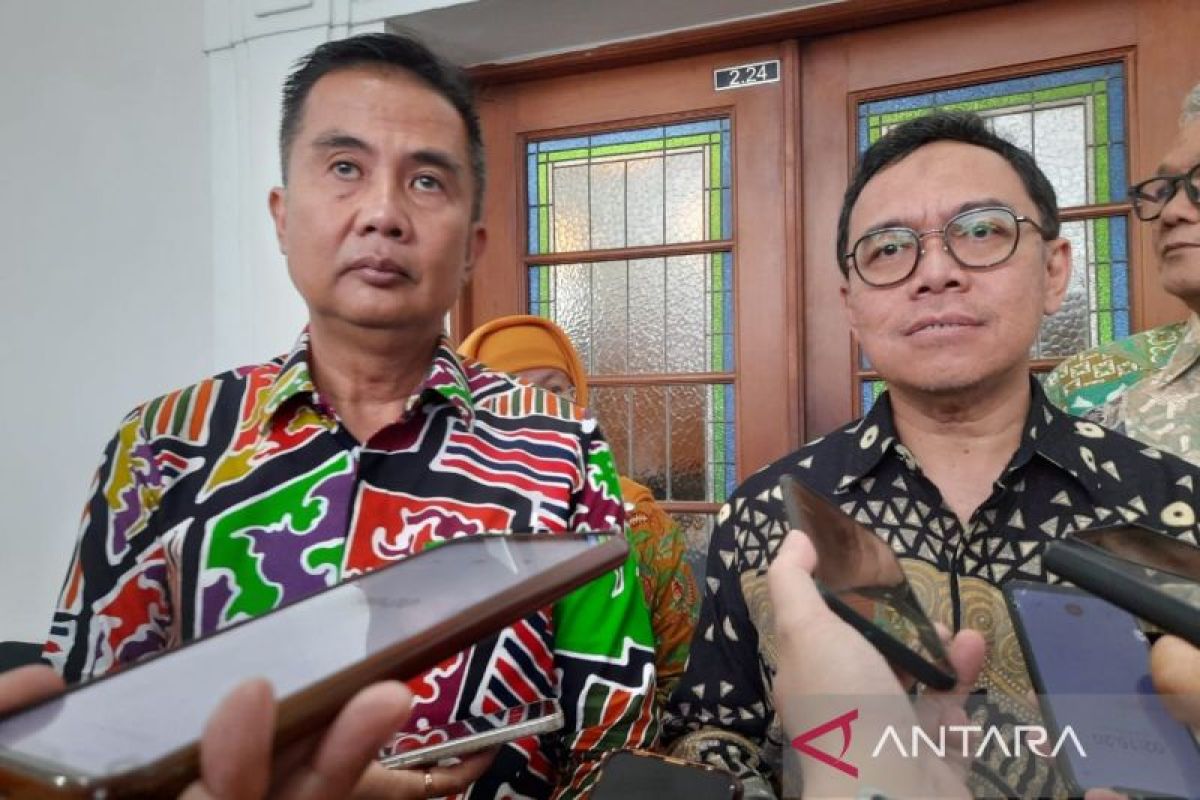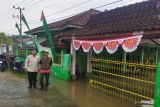Bandung, West Java (ANTARA) - Indonesia's Health Ministry has said that its decision to increase the locations covered by the Wolbachia Program to stop the spread of dengue in West Java is pending while awaiting the results of a pilot in Ujungberung Village.
Director of prevention and control of infectious diseases at the ministry, Imran Pambudi, said on Monday that the Wolbachia mosquito program aims to prevent the transmission of dengue fever and is currently being tested in five cities — Bontang, Kupang, Semarang, West Jakarta, and Bandung.
"In Bandung, we only test in one village. Based on our discussion with the acting mayor of Bandung City, we will see the result of the trial at Ujungberung Village, and will develop it later," he informed at Gedung Sate, Bandung, on Monday.
In addition, the readiness of Wolbachia egg production is still limited to three locations, with only two production locations declared ready, he added.
"Salatiga and Yogyakarta are ready, while production in Bali is still being prepared," he expounded.
According to him, dengue fever cases in West Java are of concern to the Ministry of Health. Therefore, his party is providing logistical assistance for handling dengue fever in the province, such as the NS1 tool for detecting the dengue virus, larvicides, and insecticides.
"We have prepared quite a lot of logistics for West Java because the risk in West Java is high due to its large population," Pambudi explained.
Based on data from the provincial government, at least 11,729 cases of dengue fever with 105 deaths have been recorded in the province as of March 25, 2024.
The areas with the most dengue cases are Subang, Bandung City, West Bandung District, and Bogor City.
Baca juga: Education vital to eradicate tuberculosis stigma: ministry
Baca juga: Ministry encourages schoolsto embrace Healthy School Movement
To check the spread of dengue fever, the provincial government is encouraging the intensification of Mosquito Nest Eradication (PSN) activities and the 3M plus movement.
The 3M Plus movement involves measures including draining water reservoirs and closing them as well as recycling used items in which water can collect, such as used tires and cans, to prevent the breeding of Aedes Aegypti mosquitoes that transmit the dengue virus.
Other measures involve keeping fish or larva-eating animals in water reservoirs and planting plants disliked by mosquitoes.









